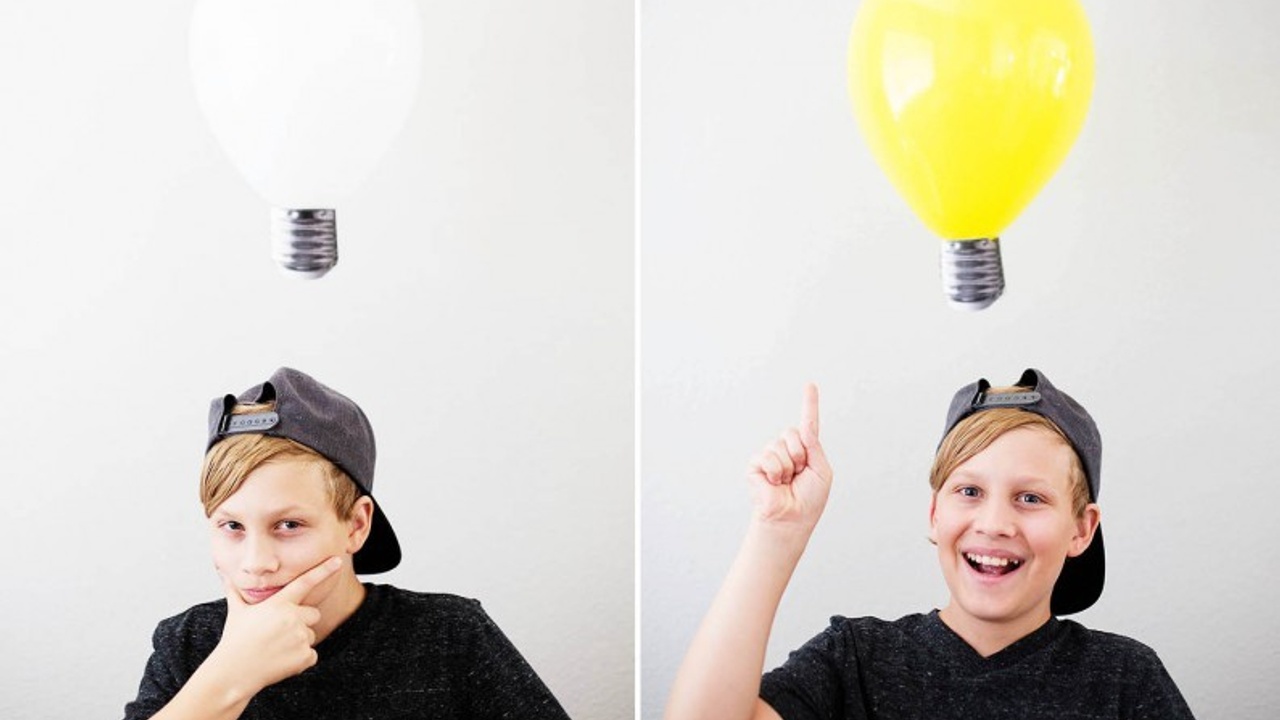Intentionally Teaching Your Kids to Think
Oct 01, 2021
When your child asks you for something, do you quickly figure out in your head if it’s a good idea or not and then say yes or no? I get that there are times when a quick response is needed, but if you have the time or can make the time — kids asking for permission to do something provides a great opportunity to connect with them and help develop their thinking brain.
In a recent article, I wrote about how your child’s brain is under construction. Their primal brain is well developed at birth, but their thinking brain is completely under construction when they are young before going through an extensive remodeling process during their teenage years. As a parent, you can help develop your child’s ability to logic, reason and think through consequences by developing their thinking brain. One of the best times to do this is when they want something.
When your child asks for permission, they want something — and when they want something, they are much more motivated to have a discussion with you. If you respond with an immediate no, they are likely to shut down which closes your chance to connect with them as well as the opportunity to engage their thinking.
However, if you start by asking them more about why they want permission you may start them thinking and making a case for what it is that they want. If you see some issues, bring them up and pose them as a question to get your child to think through.
For example: “I know that you want to have your friend over for a play date tomorrow, but it’s the same day that your brother or sister has a lesson and I need to be able to drive them there. That may be a problem. Can you think of any solutions?”
Your child may come up with one solution, but consider asking until they come up with several solutions. You can also add potential solutions of your own. Get a list and then run through the different scenarios for each: if we (or you) did this, then what might happen. Your child may end up coming up with a good solution on their own once they see all the ramifications.
As the parent, you still have the ultimate say — but you might consider giving your child the opportunity to negotiate so you come up with something that works for both of you.
The more you engage your child in the decision making process, the more you develop their abilities to reason, logically think things through to the consequences, and negotiate. In the process, you are teaching them to think versus react.
I am on a mission to help build a new emotionally healthy and happy generation from the ground up. Can you imagine a generation that has learned to think about consequences and to think versus react? I believe this is how parents help change the world, one child at a time.
Kids don’t come with a parenting manual. If you want to help your kids become their best, up your parenting game! That’s where a parenting coach can help, and if you don’t have one I would be honored to be yours. To explore how coaching can help you, line up a free discovery call here or at melpeirce.com/consult.
Join the Confident Parenting Community.
Receive the latest tips and tools from the Confident Parenting Toolbox to support your kids
(and yourself!) with today's challenges so your whole family can thrive.
We hate SPAM. We will never sell your information, for any reason.


